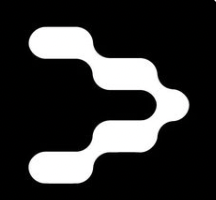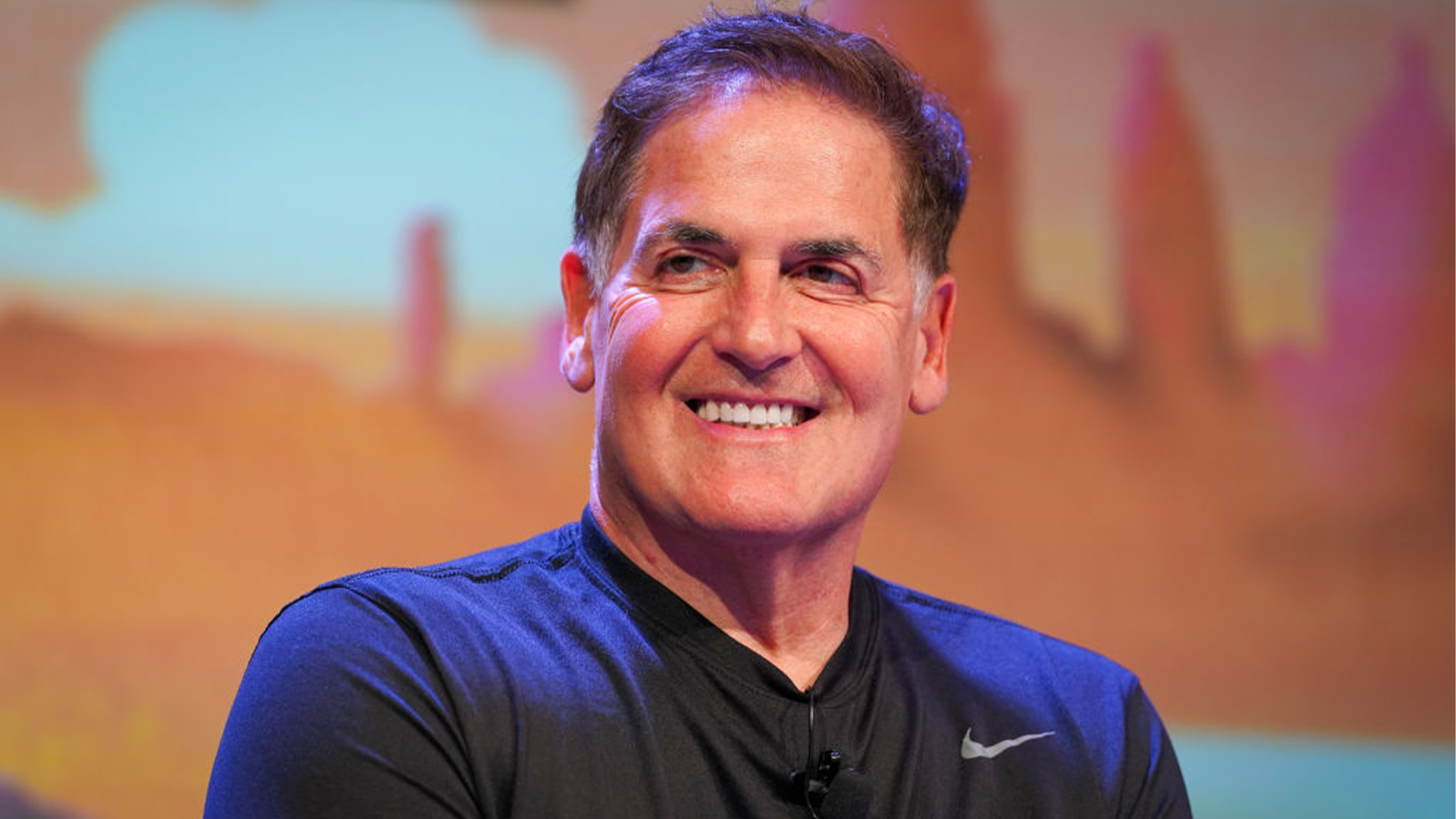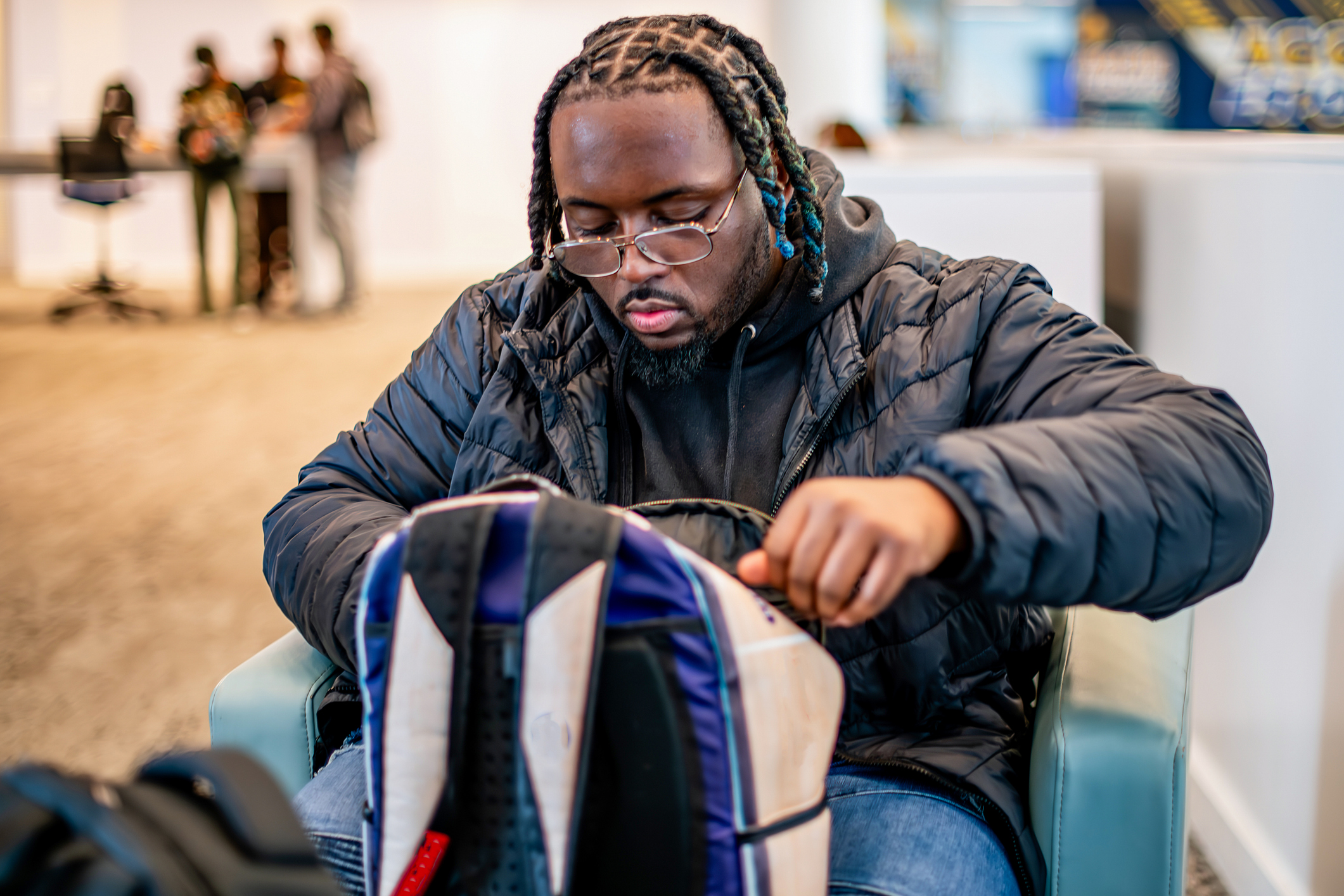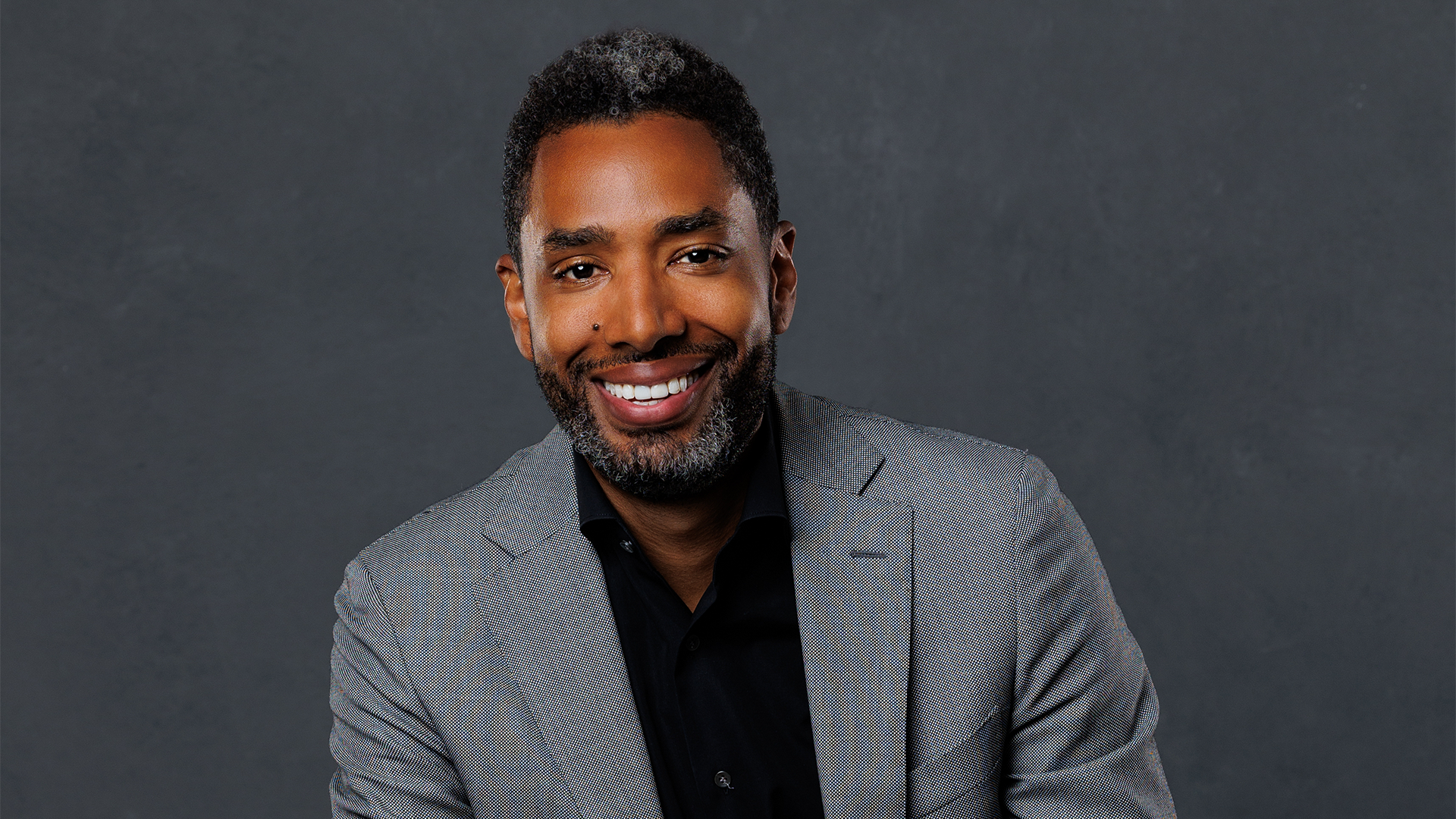Speaker Bios
Michael Seibel is full-time partner and CEO of the Y Combinator accelerator program, which created a new model for funding early stage startups, work intensively with them to get the companies into the best possible shape and refine their pitch to investors. Previously, Michael was co-founder and CEO of Justin.tv (now Twitch Interactive) and the co-founder and CEO of Socialcam.
Before getting into tech, Michael spent a year as the finance director for a US Senate campaign and before that graduated from Yale University with a bachelors degree in political science.
Aaron Samuels is a critically-acclaimed writer, speaker, and entrepreneur. After working at Bain & Co. for three years as a strategy consultant, Aaron left his corporate life to pursue his passion as a writer and builder of community. Aaron is the Co-Founder and Chief Operating Officer of Blavity Inc., a digital community for Black Millennials that reaches over 20 million people per month across five digital properties including Blavity News, Travel Noire, AfroTech, Shadow & Act, and 21Ninety. Aaron Samuels is Black and Jewish.
Notes provided by Evernote:
Michael runs the most successful tech incubator in the world. He has been a supporter of Blavity and AfroTech since day one.
Michael says there are three paths to being successful in the tech world:
1. The Employee Path – A better path than people think, not to be discounted. Allows you to go home and see your kids and enjoy life.
2. The Executive Path – Hard to do in a single company. He recommends growing in one role for 2 years, then “diagonal up” to another company.
3. The Founder Path – People think this takes experience or a ton of money. What it takes is a problem to solve and a team to do it.
“Disporportionately, I see Black founders not asking for help. Take advantage of AfroTech. Send me an email. Everybody here wants to help each other.”
Q&A
Q: I’m looking to get onto the Founder Path. How do you build that team you spoke about?
A: Most founder teams start with two people. One can write code. Only one of them needs to be really passionate about the problem, but the founders should already be friends. They should know each other and have an existing relationship that can withstand the disagreements and fights that will come.
Q: What separates a good team from a great team?
A: That’s the wrong question. You should be asking what separates a startup team from a failing team? One starts a f*****g company, the other doesn’t. The life of a student is optimization. The life of a founder is getting in the game.
Q: What’s the best piece of advice you didn’t take?
A: My mom wanted me to be a lawyer and I’m not. But I did hire one!
Q: How can Google better support and partner with startups?
A: Here’s a controversial and somewhat rude answer, so I apologize but… Google controls two of the main ways startups distribute: email and SEO, and they have a stranglehold on those, so its harder for startups to grow. If I were Google, I would stop doing that.
Q: What is the right time to fundraise? Is there any situation when you shouldn’t?
A: When most early startups begin fundraising, they don’t have leverage over investors, so they get bad terms. If you have a good team with a technical co-founder and a product that you can demonstrate, that’s live, and that has users, you’ll have leverage.
To use a video game analogy, if you’re a level 10 fighter facing a level 20 boss, there are three things you can do: you can fight him a whole bunch of times until you get lucky and win; you can level up to 20 and fight him a few times before you win; or you can get yourself to level 30 and kick his ass once. Get to level 30.
Q: I was the passion person on my team, others left, and now I’m doing everything. How do I stay efficient and hire?
A: Nobody builds a huge thing without other people. If you don’t hire, you send a signal to investors that you can’t. Hiring the second person isn’t a big deal. There’s little overhead to that. But once you’ve reached about 8 people, you have to start thinking about HR and having 1:1 meetings and all that stuff.
Scaling past that point when you don’t have something built yet is a problem. Once you have the thing and it’s growing on its own, then you scale the team. If you’re still fighting for every user, its not time yet.
Q: We’re launching an app in Ghana, but we’re all in the US right now. What mistakes have you seen in startups launching overseas?
A: It’s stacking two hard things on top of each other: You’re not where the users are so its going to be hard to talk to and learn from them, and it’s a small country so investors will worry that you can’t grow. If you position your company as “focused in Ghana” it will be hard to raise. Consider reframing it as a “Sub-Saharan Africa” story or something bigger.
Q: What advice can you give for people looking to refine their focus as a founder?
A: Don’t focus on “ideas.” All ideas sound stupid to someone, so they’re easy to dismiss. Start with a real problem you can try to solve. Its a lot easier to understand what problem youre passionate about than try to guess what idea will be a billion-dollar business. For a good problem, there is probably a billion-dollar business in solving it.
Q: We just launched in the Apple App Store, and now we’re trying to get users. But investor conversations are taking up bandwidth I want to give to the product.
A: Focus on the product. Investors make friends quickly. If they want to invest in your thing, they’ll become your best friend overnight. Get a small group of people who love the product and use it everyday, and you’ll be ready to talk to those investors. Spending a lot of time in investor meetings makes them think you don’t have anything yet, or someone else would have jumped at it already.
Q: What differentiates Y Combinator vs corporate accerators?
A: Track record.
Q: What are some key failures from your career?
A: Early on, I think I wasn’t ruthless enough. That’s weird to say, it has a negative connotation. Maybe I should say intenseenough. There’s a small a chance of success as a startup, so you have to bring your A-game every day, but in that case I was coasting. We didn’t feel any sense of urgency until the money started to run out, and we got into a cycle of that. If we could have created urgency ourselves rather than waiting for the money to run out, that would have been much better.
Q: You mentioned that lots of startups fail when the founders break up. What are other things to watch out for?
A: 1) Premature fundraising. 2) Outsourcing engineering, so you spend too much to build and then you don’t have enough money to iterate; 3) Premature growth: instead of staying small and iterating, they try to grow the staff to find success. Doesn’t work.
The number of founders who don’t know their company is about to die is astonishing. I think about test pilots. They’re taught not to put the plane into a position where they won’t be able to pull out of a spin, but to learn that they have to get pretty close to doing it. We teach people where those pitfalls are so they won’t wind up in a position like that.


















